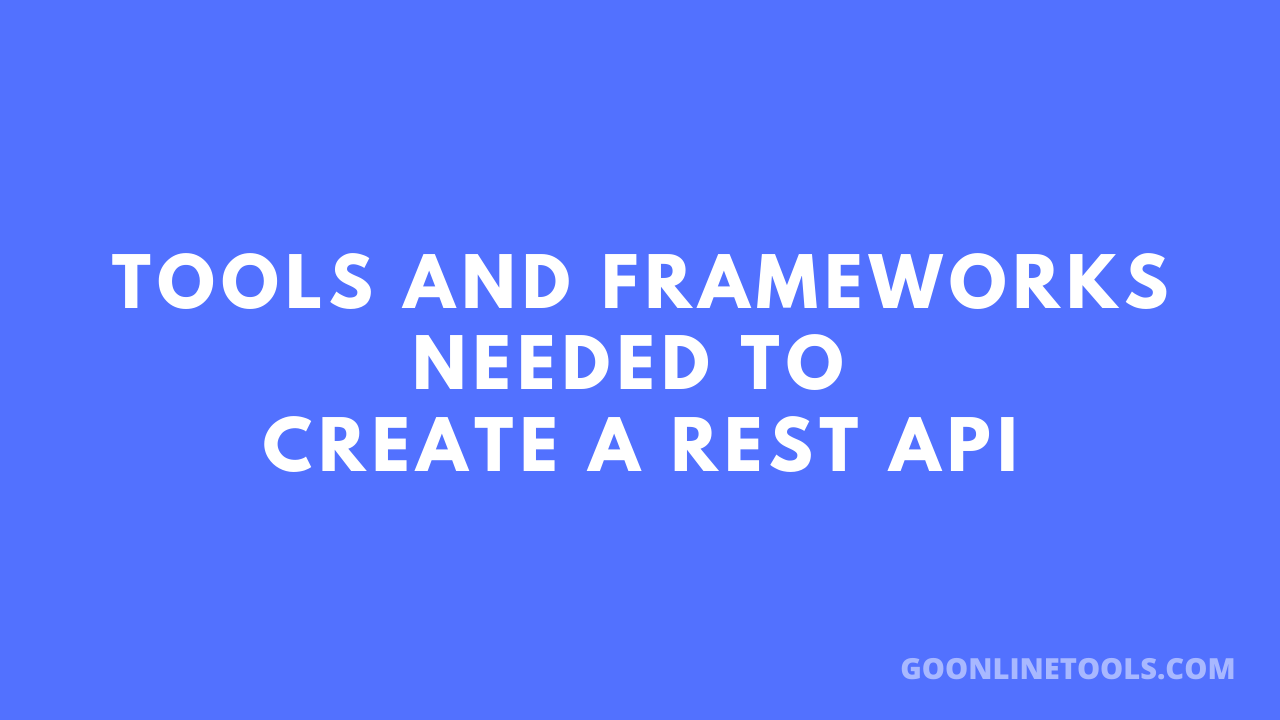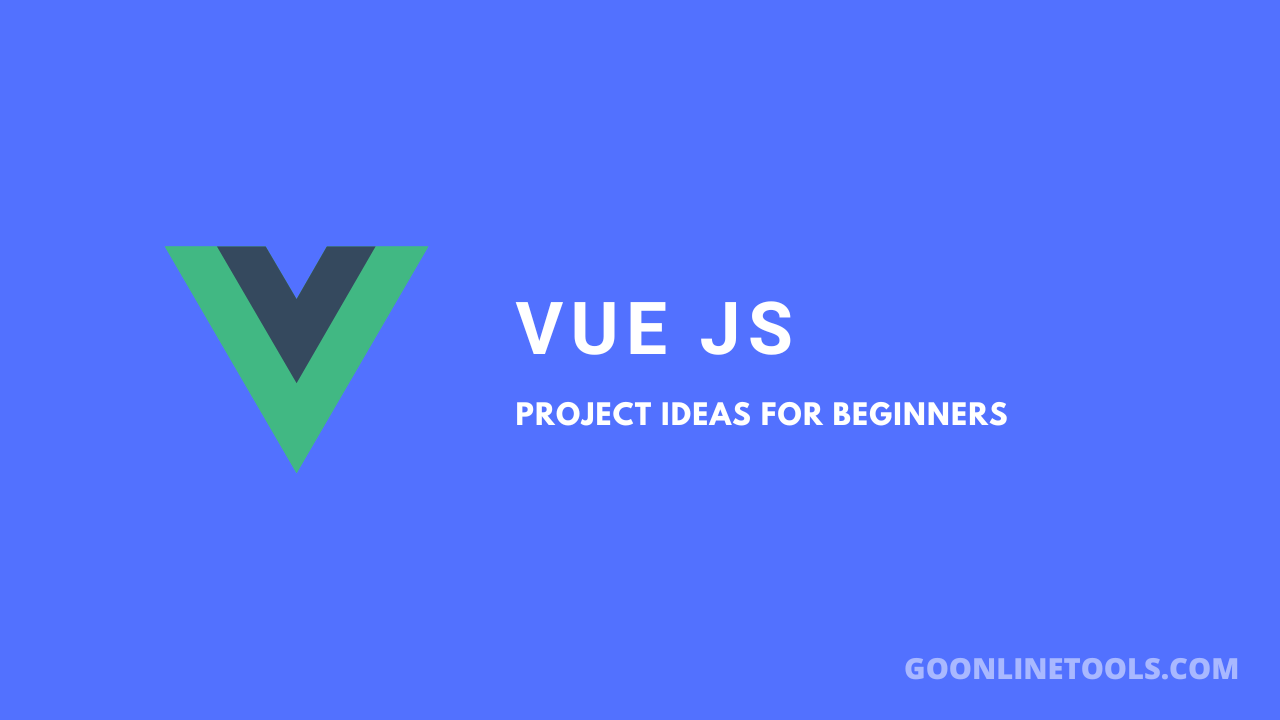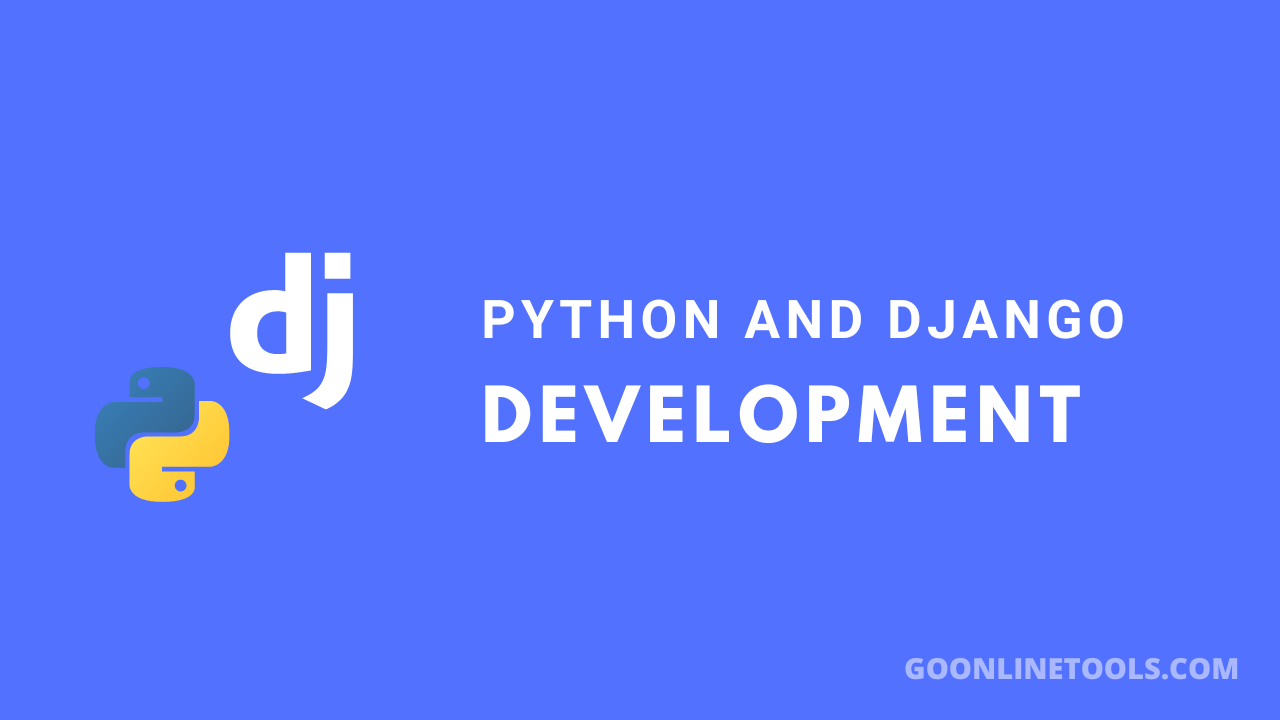
The process of building an API can vary wildly depending on the goals you set yourself and the resources you have at your disposal.
Even so, you will still need to leverage tools and frameworks which are well suited to this task, and comparing them against one another to see whether they mesh with your aims is also essential.
With that in mind, let’s go over a handful of the top contenders in this space and explore what they offer and why you might consider using them to create a REST API of your own.

JavaScript solutions
For developers with a background in JavaScript, it makes sense to implement an API using this language as the underpinning.
A typical combination for putting together an API in this context is the Node.js runtime environment, paired with the Express framework. This will be appropriate for both web app and mobile apps alike and offers decent performance combined with a relatively lightweight infrastructure.
A whole host of additional frameworks branch off from the Node.js and Express ecosystem, including well-known solutions like LoopBack, Kraken, and NestJs.
Be aware that learning JavaScript is arguably trickier than some of the other programming languages out there, but its ability to take on a range of duties outside of REST API building means that it will be a skill worth acquiring.
Python solutions
Python is another of the languages that can be put to work when forging your own API, and of course, there are frameworks that are geared towards doing just that.
Flask is among the best known of the bunch, and like JavaScript, it can respond to JSON objects with ease. If you are planning to utilize multiple APIs, then it is worth leveraging an API integration platform for this purpose, but Flask is a good starting point if you just want to work with one for the time being.
In terms of the amount of community support and documentation available, Python-oriented frameworks are definitely well served. And again, if you already have lots of experience with this language, then it makes sense to stick with it for your REST API needs, rather than starting from scratch with JavaScript or any other alternative.
Outside of Flask, there are frameworks such as Django and FastAPI which have their own Python-powered approach to REST API creation. If you work as part of a team, talking to other members to see if they have experience with any of these platforms could help shape your decision.
PHP solutions
Another of the widely used scripting languages in the world of web development, PHP is an option for API creation thanks to frameworks like Laravel.
There may be more of a learning curve to overcome, but once you have got to grips with Laravel, it should empower you to knock up a REST API in a handful of hours.
Other advantages of Laravel include the comprehensive documentation, which is obviously important given the aforementioned complexity that newcomers have to contend with, along with native support for all sorts of SQL databases.
Flexibility is also part and parcel of what Laravel provides, so irrespective of your preferred approach to structuring your API project, it should be able to accommodate your intended design without forcing you to adhere to rigid standards.
There is a range of other PHP-based frameworks and tools aside from Laravel, including Slim and Symfony, so you are not tied to just one. Indeed you might find that through experimentation, your preference becomes clear. You can also beautify your PHP code if you are struggling.
Java solutions
Continuing to cover the various programming languages which can be put to use in an API creation context, Java stands apart as an attractive option that is also deeply ingrained with web development on the whole.
There are frameworks that facilitate its use for REST API initiatives, with Spring Boot being one of the major choices in this market niche.
Catalyzing development and enabling rapid prototyping of apps is what Spring Boot is all about, and its batch processing power in combination with its REST endpoint management chops makes it a productive, efficient service.
A point to make is that not all of these frameworks support every OS environment which you might choose to use.
Spring Boot is cross-compatible with most modern platforms, so you can work with it in Windows, Linux, and even on Mac if you prefer. Be sure to check this before you commit, as compatibility issues can come back to bite you.
Ruby solutions
In terms of accessibility, Ruby has commonly been portrayed as a more approachable programming language thanks to its unfussy syntax. So if you don’t want to face the uphill struggle of becoming a Java expert, turning to Ruby for your app development and API needs makes sense.
Ruby on Rails is the open-source framework of choice for development using this language, and it has been harnessed for all sorts of well-known software services including Shopify, Airbnb, and Twitch.
As well as being all-encompassing, this framework is free to use and boasts a bountiful community of users who are always on hand to answer questions and assist you in conquering any conundrums you encounter.
Performance is flagged as not quite up there with the best of the rest of the frameworks out there, and it might lack the polish of its better-supported peers, but Ruby on Rails is worth considering for REST API creation and all-round app development.
Conclusion
We have only scratched the surface in terms of the options you have available to you as you start down the path to putting together a REST API. You can even go the whole hog and write in C++ if none of the programming languages mentioned above are appealing.
Whatever the case, your choice of framework and tools can only be informed and shaped by what you want out of your API, as well as the expertise you have to hand. Choose wisely and the process of building and launching an API will be less taxing.
Editorial Team
The Editorial Team at GoOnlineTools.com specializes in delivering cutting-edge information on technology.
View all postsComments 0
No comments yet. Start the conversation!





